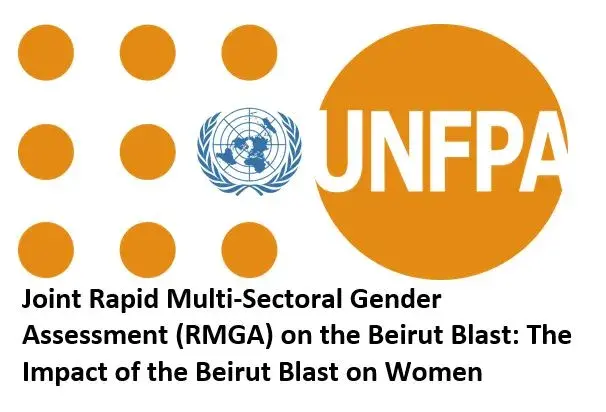On Wednesday August 4, 2020, at 6:08pm, two explosions rocked the Lebanese capital causing widespread casualties and material damage. As a result, close to 200 people lost their lives, an unknown number remain missing, and more than 6000 people are injured. Based on the estimates from the government, more than 300,000 people have lost their homes – with more than 50,000 housing units affected. The public devastation and outrage from the explosion has generated a new wave of protests across the country.
The Beirut explosion comes to top an already difficult situation caused by the COVID-19 pandemic and a deep economic crisis, described by experts as the worst in Lebanon’s recent history, and it is also happening within a context of extreme structural gender inequalities. Lebanon falls 145 out of 153 in the global World Economic Forum Gender Equality Index and ranks 139 on women’s economic participation, and the economic crisis had already begun to further deepen gender inequality. It is thus critical to understand how the Beirut blast affects women, men, girls, boys, and other gender minorities to plan and implement an effective humanitarian response.



